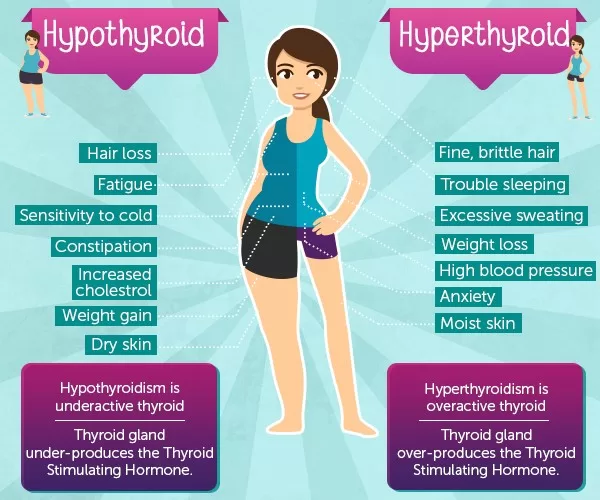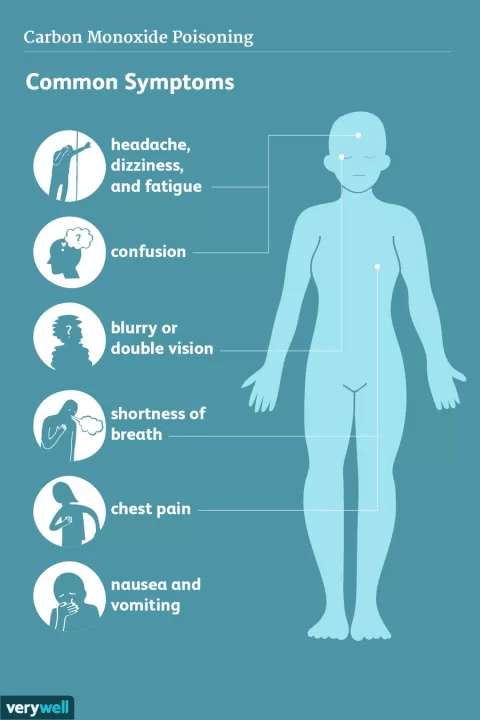Thyroid disease in women is a pressing health concern, particularly as they age and undergo hormonal changes. This condition encompasses various disorders, such as hypothyroidism and Hashimoto’s disease, which can significantly disrupt thyroid health and overall well-being. With women being five to eight times more likely than men to face thyroid problems, understanding the associated symptoms is essential for early diagnosis and treatment. Many women may experience overlapping symptoms with menopause, highlighting the importance of recognizing hypothyroidism symptoms and their impact on women’s health. As awareness of thyroid issues grows, so does the need for proactive management to safeguard against long-term complications.
In the realm of women’s endocrine disorders, thyroid dysfunction poses unique challenges, especially during pivotal life stages like perimenopause and menopause. Conditions affecting the thyroid gland, such as low or dysfunctional hormone production, can lead to significant health issues beyond mere fatigue and weight fluctuations. The prevalence of thyroid problems among the female population necessitates a deeper understanding of symptoms that may often be misattributed to other life changes. Closing the knowledge gap about thyroid health is crucial in promoting better health outcomes for women, as many may not realize they are suffering from an undiagnosed thyroid condition. Ultimately, addressing these issues is vital for enhancing the quality of life and maintaining overall health.
Understanding Thyroid Disease in Women
Thyroid disease is a significant concern for women’s health, particularly as they navigate various life stages. The thyroid gland plays a crucial role in regulating metabolism, energy levels, and overall hormonal balance. Women are disproportionately affected by thyroid conditions, often experiencing symptoms that can be mistaken for other health issues. For instance, hypothyroidism can lead to fatigue, weight gain, and mood swings, all of which are commonly attributed to stress or aging. This overlap can result in misdiagnosis or delayed treatment, highlighting the importance of awareness and understanding specific symptoms related to thyroid disease in women.
As women age, particularly during reproductive years and menopause, the risk of thyroid disease increases. During this time, fluctuating hormone levels can exacerbate thyroid problems. Women may notice changes in their energy levels, mood, or weight that could be linked to thyroid dysfunction. Recognizing these symptoms early and consulting with a healthcare professional can prevent more severe health issues down the line, such as cardiovascular disease or osteoporosis. Emphasizing thyroid awareness among women can lead to improved outcomes and better overall health management.
Frequently Asked Questions
What are the common hypothyroidism symptoms experienced by women as they age?
Common hypothyroidism symptoms among women include fatigue, weight gain, cold intolerance, and depression. These symptoms can become more pronounced during menopause, making it essential for women to monitor their thyroid health throughout their lives.
How does thyroid disease impact women’s health during pregnancy?
Thyroid disease can significantly affect women’s health during pregnancy, leading to risks such as miscarriage, preterm birth, and developmental issues in the child. It’s crucial for women to maintain optimal thyroid health before and during pregnancy to prevent complications.
Why are women more likely to experience thyroid problems compared to men?
Women are five to eight times more likely to face thyroid problems due to hormonal differences, autoimmune predispositions, and changes during life stages like pregnancy and menopause, which can all trigger thyroid disease.
What role does menopause and thyroid health play in older women?
During menopause, symptoms of thyroid disease, such as fatigue and hot flashes, may overlap with typical menopausal symptoms, complicating diagnosis. Monitoring thyroid health during this stage is essential to manage any underlying issues effectively.
What are the potential risks if thyroid disease goes undiagnosed in women?
If thyroid disease goes undiagnosed in women, it can lead to serious health risks including cardiovascular disease, infertility, osteoporosis, and cognitive impairments, especially in older adults.
What lifestyle changes can women make to support their thyroid health?
To support thyroid health, women should maintain a balanced diet rich in essential nutrients, engage in regular exercise, and be mindful of foods that may impact thyroid function, such as soy and cruciferous vegetables. Regular health check-ups are also recommended.
How is thyroid disease diagnosed in women?
Thyroid disease is diagnosed through a combination of medical history, clinical examination, and blood tests that check hormone levels such as TSH, Free T4, and antibodies. Early detection is particularly important for effective management.
What treatment options are available for women suffering from thyroid problems?
Treatment for thyroid problems typically includes hormone replacement therapy for hypothyroidism and medications or surgery for hyperthyroidism. Regular monitoring by a healthcare professional is crucial to adjust treatment as needed.
Are there specific thyroid problems that are more common in post-menopausal women?
Yes, post-menopausal women may experience a higher prevalence of autoimmune thyroid diseases, such as Hashimoto’s thyroiditis, and are at increased risk for hypothyroidism due to hormonal changes.
What is the significance of early detection of thyroid conditions in women?
Early detection of thyroid conditions in women is vital as it ensures timely treatment, preventing severe complications like heart disease, osteoporosis, and cognitive decline. Regular thyroid screenings are especially important as women age.
| Age Group | Symptoms | Key Points |
|---|---|---|
| Children | Weight gain, poor growth, constipation (hypothyroidism); weight loss, agitation, palpitations (hyperthyroidism) | Early detection is crucial; 1%-2% affected. |
| Adults | Fatigue, unexplained weight gain, cold intolerance | Typical symptoms of hypothyroidism. |
| Perimenopause/Menopause | Fatigue and hot flashes that overlap with menopause | Symptoms can be misleading during this life stage. |
| Older Adults | Severe symptoms like confusion and myxedema coma | Risk of serious complications increases. |
| Pregnancy | Impact on mother and child; miscarriage risks | Thyroid health is crucial for pregnant women. |
Summary
Thyroid disease in women is a significant health concern that demands attention, especially as they age. Understanding the specific challenges related to thyroid health can empower women to seek timely diagnoses and treatment. With symptoms varying by age group and the potential for serious complications, raising awareness about thyroid disease is vital for overall well-being. Proper management through lifestyle modifications and medical treatments can greatly improve health outcomes and quality of life.
The content provided on this blog (e.g., symptom descriptions, health tips, or general advice) is for informational purposes only and is not a substitute for professional medical advice, diagnosis, or treatment. Always seek the guidance of your physician or other qualified healthcare provider with any questions you may have regarding a medical condition. Never disregard professional medical advice or delay seeking it because of something you have read on this website. If you believe you may have a medical emergency, call your doctor or emergency services immediately. Reliance on any information provided by this blog is solely at your own risk.







